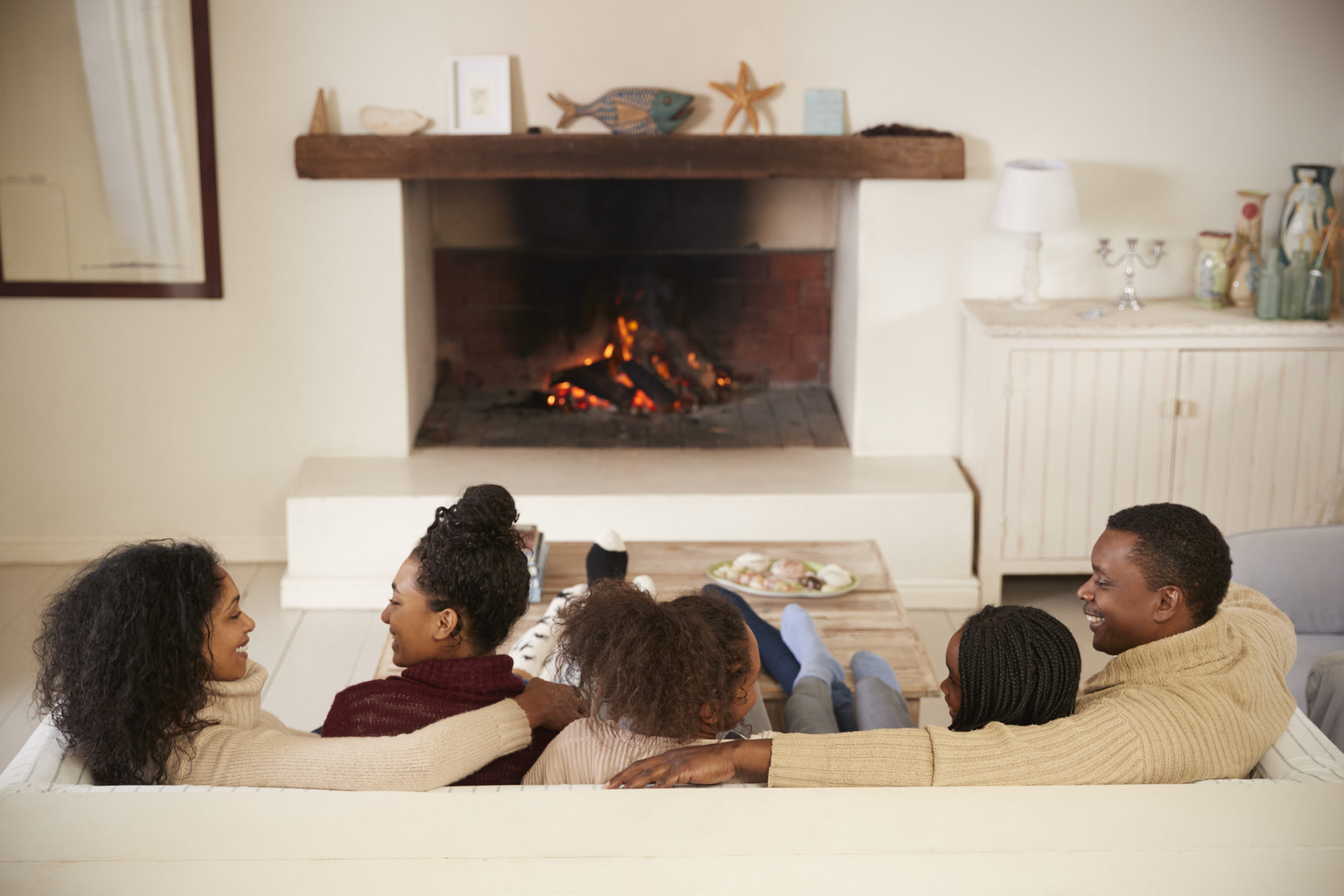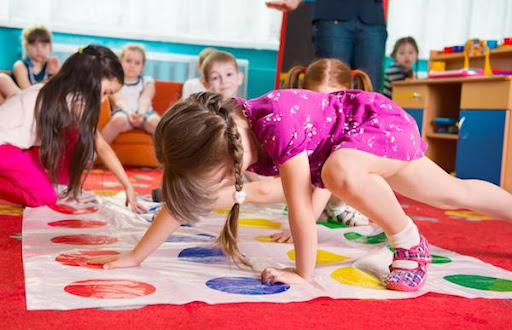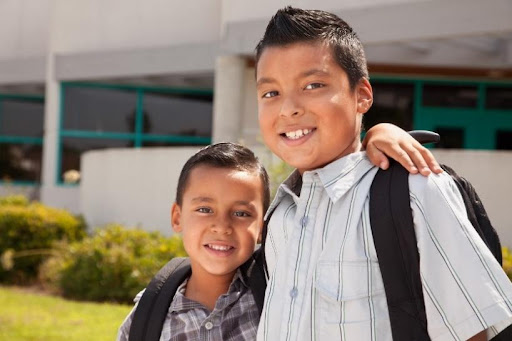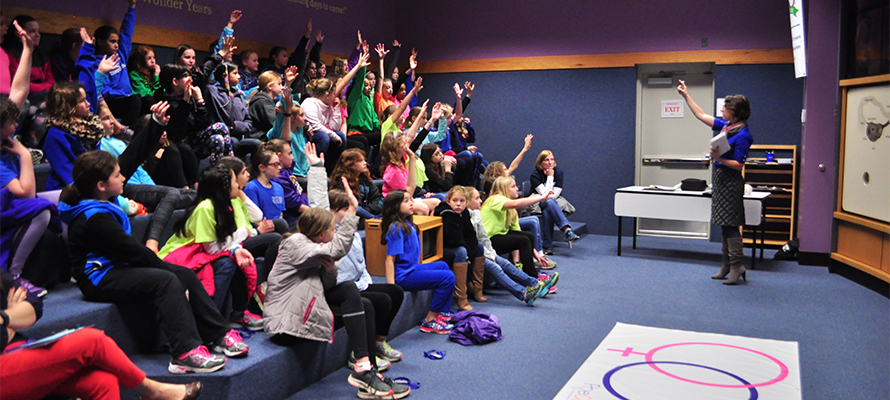
How to Talk to Children About Their Bodies at Every Age
Heather Schnegelberger, CFLE
Health Educator
Body Knowledge is a superpower!
In the movie Spiderman, Peter Parker’s uncle Ben is remembered for saying, “With great power comes great responsibility.” As parents, guardians, and educators, the knowledge we have of the world around us is powerful, and we have a responsibility to share that knowledge with our children.
Last month, following a 5th grade class on puberty, an 11-year-old boy approached the Poe Center health educator who taught the class. Anticipating a look of discomfort or nervousness, the educator was surprised to see a grin on his face. “I knew this stuff!,” he said. “These things you talked about today – I knew them! Not all of it, but most of it.” He then said the most important part, “My dad talked to me about it.”
Children who learn about their bodies at a young age, including the proper names and functions, may experience greater self-awareness, greater confidence, and less anxiety as their bodies grow. This kind of confidence in a child is not only SUPER, but also POWERFUL!
Taking Care of the Body
As we speak openly with children about how to care for their bodies, identifying body parts and their functions can really help them to understand the importance of making healthy choices. The Poe Center’s health educators teach children as young as 4 or 5 years old about choosing food from a rainbow of colors, why drinking water and getting enough sleep are important, and why physical activity should be a part of every day. Talking about muscles, bones, teeth, the stomach, and the brain are key parts of those lessons.

Talking about the body is also important for children to understand safety, such as understanding that wearing elbow and knee pads while skateboarding protects their bones and joints. The direct tie-in between the “what” of healthy options available to them, and the “how” of the different body parts empowers children to understand the “why” associated with making the best choices for their own bodies. Having the knowledge to choose for themselves the things that will make them strong is super!

Understanding the Reproductive System
As parents, guardians, or educators, talking about some body parts may come naturally. When helping a child with their shoes, for instance, it can be easy to identify their feet and toes. When a child chooses a healthy snack, we say, “That will help you build strong muscles!” Or when we remind a child to wear their helmet, we may talk to them about their brain.
But talking about reproductive body parts may be a bit harder to do. And is it really that important to talk about those things when a child is young?
Yes. Scientists and educators agree that understanding the form and function of body parts not only helps with body confidence, but also facilitates the vocabulary for expressing personal boundaries. Children who learn the names of all body parts, even the “private” ones, have the language to express concern if someone crosses their personal boundaries for how their body is touched.
Parents, guardians, and educators can help children develop an understanding of their body parts, from their hands and feet to their brain or genitals. We know this can be hard! But as Superman said, “I think a hero is an ordinary individual who finds strength to persevere and endure in spite of overwhelming obstacles.”
You can do it! Here are some guidelines for talking to your children:
For The 0-2 Year Old:
- Once your child can identify their eye, nose, or mouth, teach the correct names for penis, buttocks, and vagina, too.
- Babies or toddlers may touch their genitals while in the bath, or when they are getting their diaper changed. Avoid scolding them for this. You may choose to redirect them in a matter-of-fact way or allow them to explore these areas of their body, depending on your personal values.

- Acknowledge that it’s okay for a child to be curious about their bodies, but that exploring should be done privately and not in public.
- Talk at a level they understand. Each child is different. Use your child’s own words.
For Children 3-5 Years Old

- Be open to questions. Focus answers on the facts.
- Body parts should be named accurately, instead of using nicknames. This empowers children to identify parts accurately in case of injury, illness, or when a question arises.
- Identify the “job” that a body part does when naming it. You can say, “That is your tongue, it tastes food.,” or “That is your penis. You use that to pee.,” or, “Babies grow inside mom’s uterus.”
- When children speak of their body parts, resist showing judgment through facial expressions, body language, or words.
- Celebrate what your child’s body can do. Praise them openly when using parts of their body and give a reason: “You did a great job at your piano recital! Your fingers were working hard on the keys.”
For Children 6-10 Years Old
- Begin talking to your child about puberty and reproduction. This can set you up to be a “go-to” person when your child has future questions.
- Refer to the function of body parts. You could say, “You chose to eat food with good nutrients today. That will help your muscles to be strong,” instead of, “Don’t eat that food, you’ll get fat.”

- Use anatomy books instead of online pictures. This may move the focus to the function of the reproductive organs instead of the sexualization of them.
- Listen to your child. Their comments and questions will guide what they are ready to learn, and how they are feeling about it.
For Children 11-18 Years Old

- Be clear with your kids when giving information. Children will hear things from their friends or see things on social media about health, puberty, substance use, and close sexual contact. They may not receive accurate information from these sources.
- Identify your family’s values. Children who can identify their values have an extra tool to help them think ahead when making difficult choices.
- Children at this age are developing critical thinking and are learning to plan ahead. Speak openly with them about how their choices have consequences – both positive and negative.
- Stay in the conversation, even if it becomes difficult or uncomfortable. That may be when your child needs your input the most.
- Continue to stick to the facts when asked questions. You don’t have to share a lot of personal information or experience to respond to questions.
At the Poe Center, we recognize the important role parents and guardians play in the lives of their children. Talking about the body and how it functions, including the use of proper names, will help your child to feel empowered as they navigate the world around them. By starting these conversations early, not only will your child feel more confident, but you can feel “Super,” too!
Featured Poe Programs:
My Body, My Buddy:
Ages: 3-4
Identify eating healthy foods, being physically active, and sleeping as ways to take care of your body.
Healthy Habits:
Ages: 5-6
Discover the importance of healthy habits, check out what foods belong on “MyPlate”, and visit the Poe Cafeteria.
It’s Up 2 U!:
Ages: 8-11
Learn about how drugs affect our body, the difference between medicine use and substance misuse, who it’s safe to get medications from, and other needed skills to help keep you healthy.
Puberty Detectives:
Ages: 9-10
Step into the role of a detective as you learn to respect the differences of others, find the clues to determine the qualities of healthy and unhealthy relationships, and investigate the physical, emotional, and social changes related to puberty.

Featured Resource: Poe Center Resource Directory
Explore the Poe Center’s resource directory for videos, websites, activities, and other health-education material recommended by our team of health educators.


